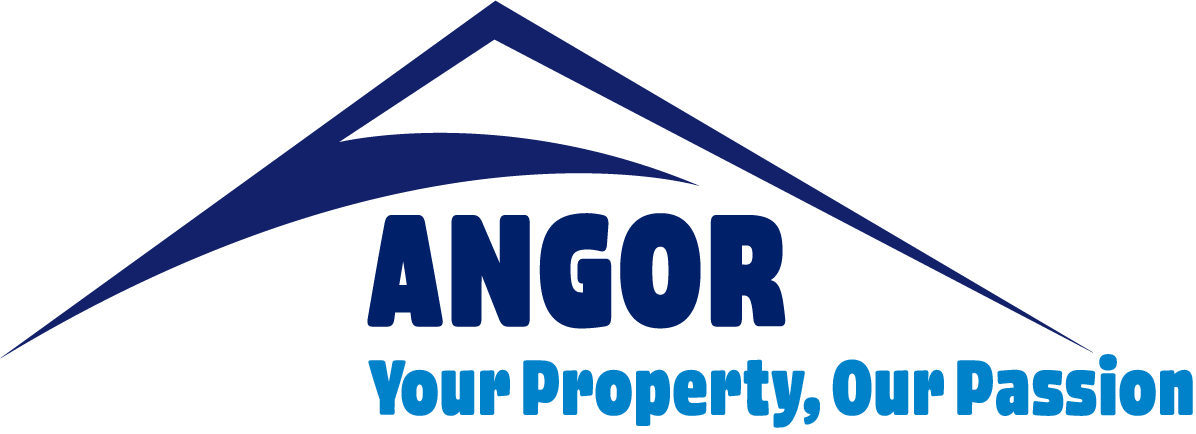Working with Managing Agents & Owners in a Community Scheme
Running a community scheme, whether a Sectional Title or a Homeowners Association, relies on collaboration between Scheme Executives, the Managing Agent, and the Owners. Each has defined duties under South African law, and understanding these roles helps prevent misunderstandings and ensures smooth operations.
At ANGOR Property Specialists, we partner with Scheme Executives to deliver efficient administration, sound financial management, and clear communication between all parties.
Duties of the Managing Agent
A Managing Agent is appointed by the Scheme Executives to assist with day-to-day operations. While they advise and implement, they do not make decisions, those remain the responsibility of Trustees or Directors.
Typical responsibilities include:
- Preparing and distributing levy statements
- Receiving and allocating payments, including arrear collection processes
- Paying creditors with proper approvals in place
- Preparing monthly financial reports for Scheme Executives
- Arranging and minuting meetings
- Assisting with insurance claims and renewals
- Coordinating contractor quotations and maintenance projects
Duties of Owners
Every owner in a community scheme automatically becomes a member of the Body Corporate or HOA. Their core responsibilities include:
- Paying levies on time to fund the scheme’s operations
- Complying with Conduct Rules and any restrictions set in the governing documents
- Acting with neighbourly consideration to support harmonious community living
- Body Corporate: Maintaining their section (and any exclusive-use areas) in good condition
- Homeowners Association: Maintaining their stand and house in good condition
Levy Collection & CSOS Support
Levies are the lifeblood of any scheme. When owners fail to pay, it places a burden on others and threatens financial stability.
Under Section 39(1) of the CSOS Act, the scheme can apply for:
- An order for payment of outstanding contributions (section 39(1)(e))
- A tenant redirection order, requiring a tenant to pay rent directly to the scheme until the owner’s debt is settled (section 39(1)(f))
A registered debt collector can assist with CSOS applications and arrear recovery.
Decisions Trustees or Directors Can Make Alone
Certain decisions may be made without member approval, provided they fall within the limits set by the scheme’s rules and legislation. Examples include:
- Routine maintenance as budgeted
- Approving smaller operational expenses
- Taking action on urgent repairs to prevent damage or safety risks
Larger or strategic decisions usually require an ordinary, special, or unanimous resolution by members.
Updating & Enforcing Conduct Rules
Rule changes must follow the correct process:
- Pass a special resolution of members
- Submit the amended rules to the CSOS for approval
- Distribute updated rules to all owners
For enforcement, schemes should:
- Apply rules consistently
- Issue written warnings before fines
- Include a fine schedule in the rules to ensure transparency
Conclusion
A well-run scheme depends on clear roles: the Managing Agent provides operational expertise, owners fulfil their financial and behavioural duties, and Scheme Executives make decisions in the community’s best interests. When everyone works together and processes are transparent, the scheme thrives.
ANGOR Property Specialists offers the experience, systems, and legal knowledge to support Scheme Executives in building a compliant, financially stable, and harmonious community.
Fiduciary Duties of Scheme Executives: Safeguarding Community Schemes in South Africa
Governance Tools in Community Schemes: Resolutions, Sectional Plans and Exclusive Use
https://www.angor.co.za/blog/2025/09/29/becoming-and-serving-as-a-scheme-executive/

